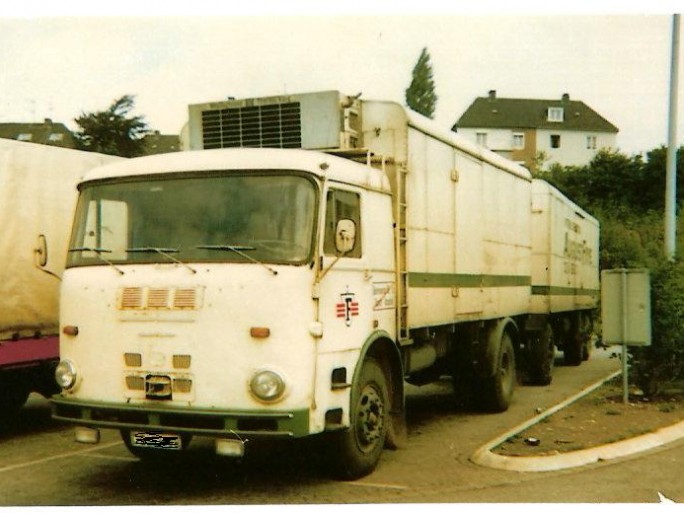This is Cloud Control to Major Tom…

Duck and cover (your IP range)
Aandacht, Engles!
After Stuxnet, I have flatly refused the wife’s wishes for more home automation, especially those curtains that open via remote control she badly wanted.
If you can shut down centrifuges, I argue, you can open curtains, doors and a whole host of appliances that will increasingly be connected to the web when IPv6 fully becomes available.
But I am not sure if my reasoning is resonating with her.
For me alles is duidelijk (clear): Do I want to live in a world where my fridge stops serving me beer because it has calculated I have had my daily allowance? Will my council controlled wheelie bin charge me more for refuse removal if I am not consuming local council approved nutritional meals? Will I get arrested for trying to overclock the wheelie bin chip? Will the same council override my curtains when the man from the census comes round?
Thanks to my mobile phone, and location services the authorities can already track me down so why not connect the dots with my appliances and see what I am consuming as well? They can already see what I am thinking and liking on social media sites so this would seem like an obvious next move.
It is potentially “Cloud-control” on a massive scale!
So I was kind of glad to hear that our old comrades the Ruskies are keeping our feet a little on the ground when it comes to all things social media and cloud by stealing a few million LinkedIn passwords.
For me, and my lucrative security consultancy underwriting service (SCUD), it is a stark reminder for my reseller partners and customers that we can’t go rushing off to the cloud and third party services without considering the old world problems of data security and integrity. Where is the single point of failure? Who is responsible? Do the Ts & Cs cover me and my customers?
At the end of the day it’s all about trust: winning that trust and who that you trust as a service provider.
In the old days of hacking, a few data breaches could cause a bit of embarrassment for top brass at supposedly secure military sites or put people off internet banking when a few credit card details started appearing on bulletin boards, but now online security changed up a gear due to the ever growing exabytes of data online and the growing connectivity of machines to the Matrix online networks.
So it’s not just about the breach of data these days, it is also the clear and present danger of organisations remotely taking control of power stations or satellites and holding us to ransom over the very infrastructure we are increasingly enslaved to.
And should I be worried that it is actually our governments in the western world that are carrying out these cyber warfare attacks right now (and not the terrorists that we supposed to fear)?
So if the US et al can remotely knock out a few centrifuges now, is my nightmarish vision of locked down local authority under strict cloud control not so far fetched after all? Imagine if it was centrally controlled from Belgium!
Sleep well my lieve Engles,
RVM
This week’s column is dedicated to Sci-Fi legend Ray Bradbury 1920-2012.